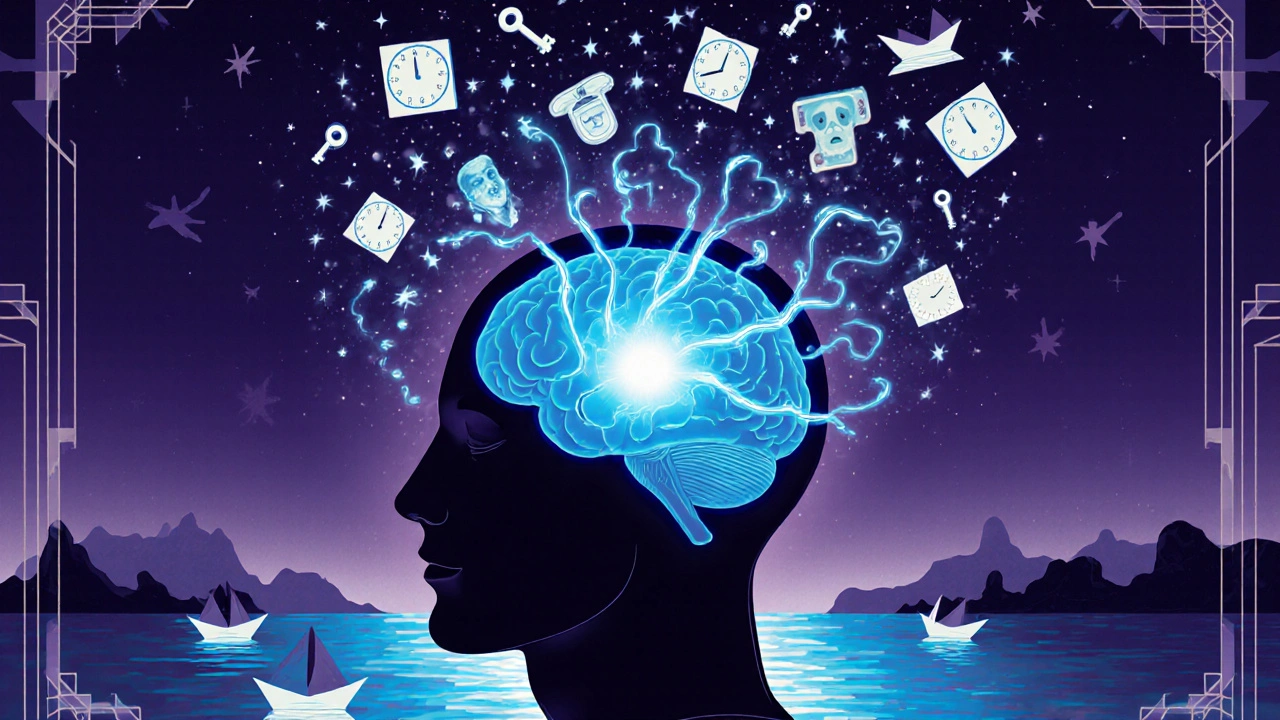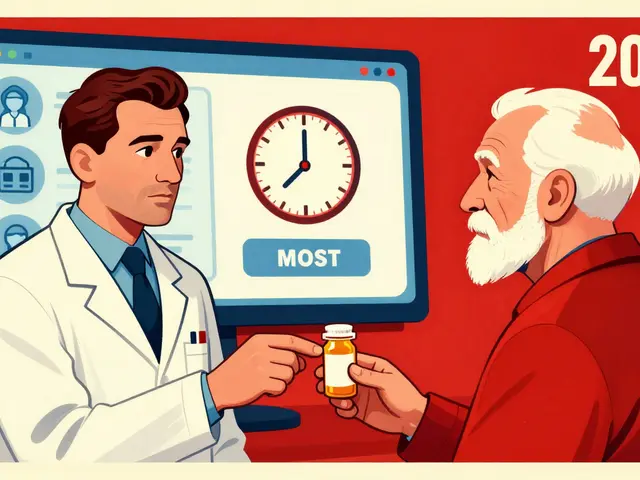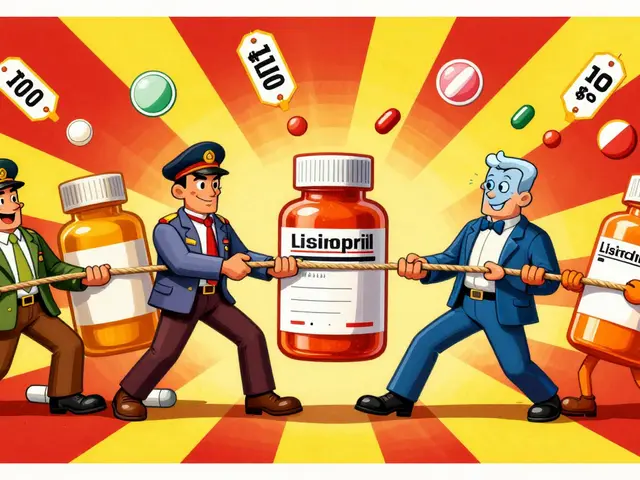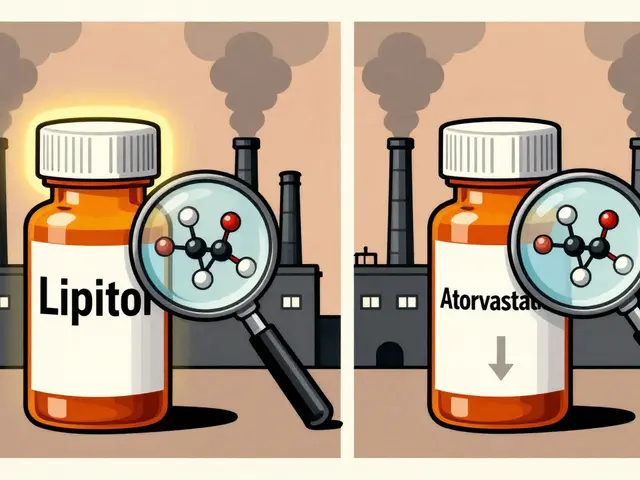Sleep Hormone: What It Is, How It Works, and What Affects It
When you feel tired at night, it’s not just because you’re worn out—it’s because your body is releasing melatonin, a natural hormone produced by the pineal gland that signals your brain it’s time to sleep. Also known as the sleep hormone, melatonin rises in the evening as light fades and drops when morning light hits your eyes. This rhythm, called the circadian rhythm, your body’s internal 24-hour clock that controls sleep, hormone release, and other vital functions, keeps you in sync with day and night. Without it, falling asleep becomes a struggle, and staying asleep feels impossible.
Many people turn to sleep aids or medications when their melatonin levels are off, but the problem often isn’t a lack of the hormone—it’s how it’s being disrupted. Blue light from phones, irregular work hours, stress, and even certain medications like antihistamines can throw off your natural rhythm. For example, first-generation antihistamines, like diphenhydramine found in over-the-counter sleep aids, may help you fall asleep but don’t improve sleep quality and can build up over time, increasing risks of confusion and memory issues. Meanwhile, shift workers often battle a mismatch between their internal clock and work schedule, leading to Shift-Work Disorder, a condition where sleep patterns are chronically misaligned with the body’s natural cycle. Even chest congestion can interfere—when your breathing is blocked at night, your body doesn’t enter deep sleep, and melatonin production suffers.
What you’ll find in these articles isn’t just theory—it’s real-world guidance on what works and what doesn’t. From how melatonin supplements compare to prescription sleep aids, to how common pain relievers and antibiotics might quietly affect your rest, this collection cuts through the noise. You’ll see how medications like modafinil keep you awake, why some diabetes drugs influence sleep, and how treating one condition can accidentally wreck another. Whether you’re struggling with insomnia, shift work, or just can’t seem to sleep well anymore, the answers here are practical, grounded in evidence, and focused on what actually changes your sleep—for better or worse.






